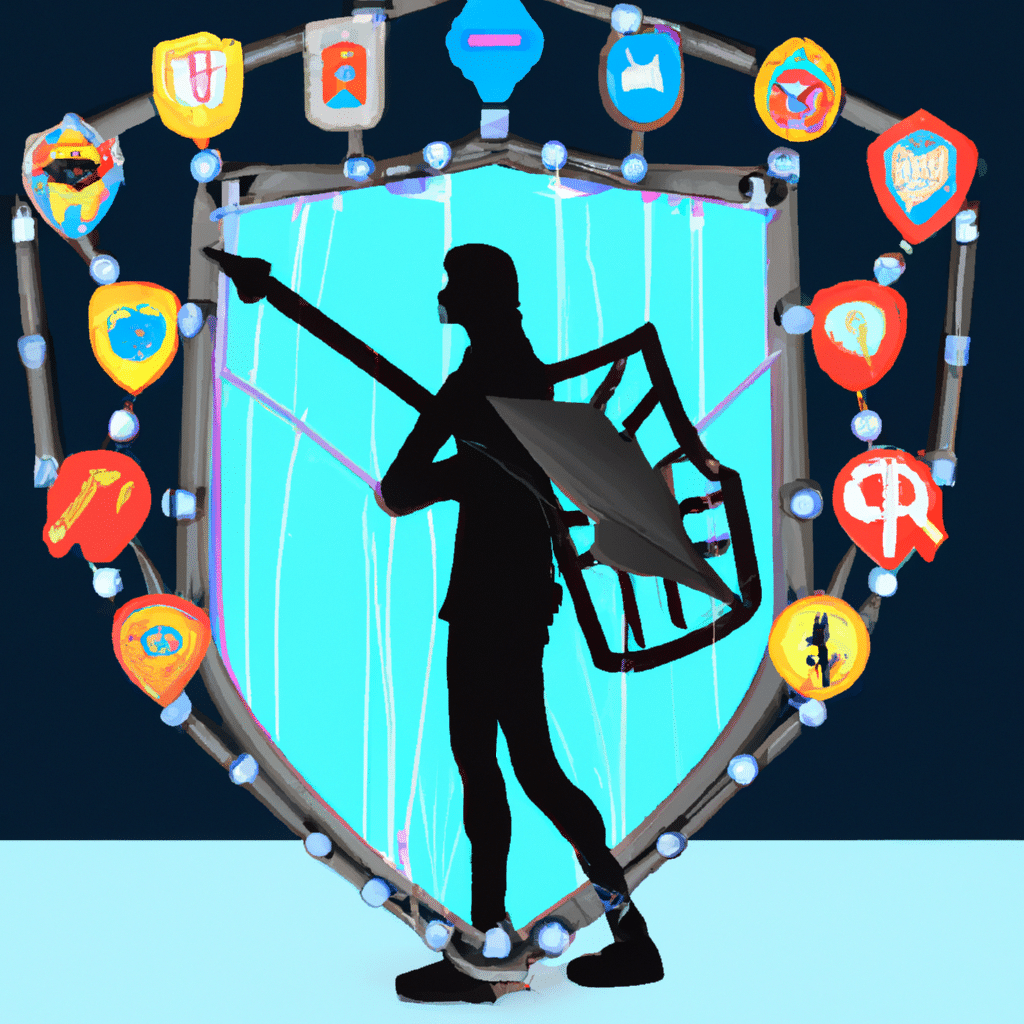Social media platforms have become an integral part of our lives. We rely on them to stay connected with our friends and family, share our life events, and even conduct business. However, with the increasing use of social media, the risk of hackers accessing our accounts has also grown. In this article, we will discuss some of the best practices to protect your social media accounts from hackers.

Use Strong Passwords
Using a strong password is the first and most crucial step in protecting your social media accounts. Your password should be unique and not easily guessable. Avoid using common words or phrases, and use a combination of uppercase and lowercase letters, numbers, and special characters.
It is also essential to use different passwords for each of your social media accounts. If a hacker gains access to one of your accounts, they will not be able to access all of your accounts.
Enable Two-Factor Authentication
Two-factor authentication (2FA) is an additional layer of security that requires you to enter a second form of identification, such as a code sent to your phone or email, after entering your password. Enabling 2FA can significantly reduce the risk of someone gaining access to your social media accounts, even if they have your password.
Most social media platforms offer 2FA as an option, and it is highly recommended that you enable it for all of your accounts.
Be Wary of Phishing Scams
Phishing scams are a common tactic used by hackers to gain access to your social media accounts. They usually involve sending you an email or message that appears to be from a legitimate source, such as your social media platform or bank, asking you to provide personal information.
To avoid falling victim to a phishing scam, be wary of any unsolicited messages asking for personal information. Always check the sender’s email address or profile to ensure it is legitimate before providing any information.
Keep Your Software Up to Date
Keeping your software up to date is critical in protecting your social media accounts from hackers. Social media platforms and other software providers often release updates that include security fixes and patches for vulnerabilities that hackers can exploit.
Ensure that your operating system, web browser, and social media apps are up to date with the latest security updates.
Limit the Personal Information You Share
Sharing too much personal information on social media can make you vulnerable to hackers. Avoid sharing personal information such as your home address, phone number, or email address on social media.
Also, be cautious when sharing personal information in private messages or direct messages, as these messages can be intercepted by hackers.
Be Careful with Third-Party Apps
Third-party apps can be a convenient way to access additional features on your social media accounts. However, they can also pose a significant security risk.
When using third-party apps, ensure that they are from a reputable source and that you are not granting them access to more information than necessary. Be wary of any app that asks for your social media login credentials.
Monitor Your Accounts
Regularly monitoring your social media accounts can help you identify unauthorized access or suspicious activity. Check your account settings regularly to ensure that no unauthorized changes have been made.
If you suspect that someone has gained access to your social media accounts, change your passwords immediately and report the incident to the platform’s support team.
In conclusion, protecting your social media accounts from hackers is crucial to ensure your privacy and security. By following these best practices, you can significantly reduce the risk of someone gaining unauthorized access to your accounts. Remember to use strong passwords, enable 2FA, be wary of phishing scams, keep your software up to date, limit the personal information you share, be careful with third-party apps, and monitor your accounts regularly.












